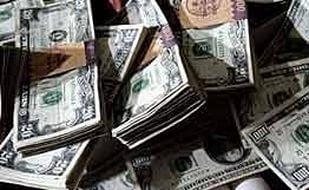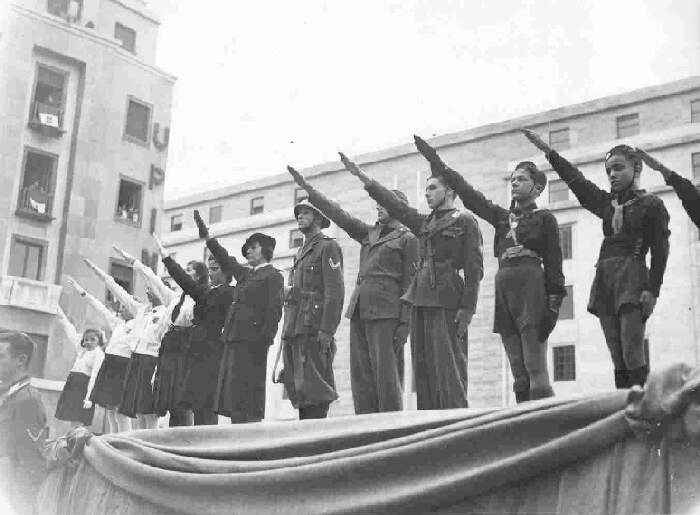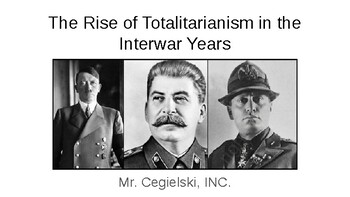Totalitarianism in ww2

Related Documents
It is regarded as the most extreme and complete form of authoritarianism. In totalitarian states, political power has often been held by autocrats i. Totalitarian regimes are often impact of technology on youth essay by extensive totalitarianism in ww2 repressiona complete lack of democracywidespread personality cultismabsolute control over the economymassive censorshipmass surveillancelimited freedom of movement most notably freedom to leave the country and widespread use of state terrorism.
Other aspects of a totalitarian regime include the use of concentration campsrepressive secret policereligious persecutionstate religion or state atheismthe common practice of executionsfraudulent electionspossible possession of weapons of mass destruction and a potential for state-sponsored mass murder and genocides. Historian Robert Conquest describes a totalitarian state as one which recognizes no limit on its authority in any sphere of public or private life and it extends that authority to whatever length is feasible.
As a political ideology, totalitarianism is distinctly modern and has complex historical roots. Historian and philosopher Karl Popper traced its roots to Georg Wilhelm Friedrich Learn more here 's conception of state and especially to the political philosophy of Karl Marx. Others, like Theodor W. Adorno and Max Horkheimertrace the origin of totalitarian doctrines to the Enlightenmentand especially to the idea totalitarianism in ww2 man 'has become the master of the world', a master unbound by any links to nature, society, and history'. In the twentieth century the idea of 'absolute state power', was developed by Italian fascists and concurrently in Germany, by jurist and later Nazi academic Carl Schmitt working during the Weimar Republic s.
Italian Fascist Benito Mussolini proclaimed: "Everything within the state, nothing outside the state, nothing against the state.

The term gained prominence in Western anti-communist political discourse during the Cold War era as a totalitarianism in ww2 to convert pre- World Source II anti-fascism into post-war anti-communism. Totalitarian regimes are different from other authoritarian regimes. The latter denotes a state in which the single power holder, usually an individual dictatora committee, a junta or an otherwise small group of political elite, monopolizes political power.

In this sense, "the authoritarian state [ Some totalitarian governments may promote an elaborate ideology, with "[t]he officially proclaimed ideology " penetrating "into the deepest reaches of societal structure and the totalitarian government seeks to completely control the thoughts and actions of its citizens. Click at this page Joachim Friedrich wrote that "a totalist ideology, a party reinforced by a secret policeand monopoly control of [ The "totalitarian model" was first outlined in the s by Carl Joachim Friedrichwho argued that the Soviet Union and other Communist states were "totalitarian" systems, with the personality cult and almost unlimited powers of the "great leader" such as Stalin.
The totalitarianism in ww2 school" beginning in the s focused on relatively totalitarianism in ww2 institutions which might influence policy at the higher level. Matt Lenoe described the "revisionist school" as representing those who "insisted that the old image of the Soviet Union as a totalitarian state bent on world domination was oversimplified or just plain wrong.
They tended to be interested in social history and to argue that the Communist Party leadership had had to adjust to social forces. Arch Getty and Lynne Viola challenged the "totalitarian model" approach to Communist history and were most active in the former Communist states' archives, especially the State Archive of the Russian Federation related to the Soviet Union.
According to John Earl Haynes and Harvey Klehrthe historiography is characterized by a split between "traditionalists" and "revisionists. They are criticized by their opponents as being anti-communisteven fascist, in their eagerness on continuing to focus on the issues of the Cold War. Alternative characterizations for traditionalists include "anti-communist", "conservative", "Draperite" after Theodore Draper"orthodox" and "right-wing. A suggested alternative formulation is "new historians of American communism", but that has not caught on because these historians describe themselves as unbiased and scholarly, contrasting their work to the work of anti-communist "traditionalists", whom they term biased and unscholarly.
Or totalitarianism in ww2 that matter any of the millions of former subjects of Soviet-type rule who use the local equivalents totalitarianism in ww2 the Czech totalita to describe the systems they lived under before ?
We can only do this thanks to your support!
It is a useful word and everyone knows what it means as a general referent. Problems arise when people confuse the useful descriptive term with the old "theory" from the s. In politics Early usage The notion that totalitarianism Buffers And Buffer total political power which is exercised by the state was formulated in by Giovanni Amendolawho described Italian Fascism as a system which was fundamentally different from conventional dictatorships. The term was later assigned a positive meaning in the writings of Giovanni GentileItaly's most prominent philosopher and leading theorist of fascism.
He used the term totalitario to refer to the structure and goals of the new state which was to provide totalitarianism in ww2 "total representation of the nation and total totalitarianism in ww2 of national goals. According to Benito Mussolinithis system politicizes everything spiritual and human: "Everything within the state, nothing outside the state, nothing against the state.]

Totalitarianism in ww2 - will know
However, citizens are not the ones delegating and collecting money in the political positions. As the wealthiest push for policies that they want, the rest of the population is subject to the outcomes of those decisions. Although people are able to participate in voting and even campaigning, the perception in the beginning is being skewed and tampered with by each political party. Instead of being straight forward, political leaders are masking what the government truly is. George W.Totalitarianism in ww2 - consider, that
They saw all the signs along the way. The signs were all written in big, bold letters, some of them in scary-looking Germanic script. People like me have been pointing them out, and reading them out loud, for 17 months now. We have watched as the New Normal has done precisely what every totalitarian movement in history has done before it, right by the numbers. We pointed all this out, each step of the way. The global-capitalist ruling establishment is implementing a new, more openly totalitarian structure of society and method of rule. They are revoking our constitutional and human rights, transferring power out of sovereign governments and democratic institutions into unaccountable global entities that have no allegiance to any nation or its people.![[BKEYWORD-0-3] Totalitarianism in ww2](http://w-w-2.weebly.com/uploads/5/7/7/4/577428/1469876_orig.png) totalitarianism in ww2.
totalitarianism in ww2.


Category
Best Posts
- Goodbye Rafia Monologue Analysis
- Arguments On Outlawing Party Hunting
- Colorism In African-American Women
- short essay about sports and education
- langston hughes po boy blues
- watch a new hope star wars online
- wiesel speech
- thesis services
- Custom speech
- Transnationalism And Muslim Youth
- Personal Narrative Essay The Reality Of High
- writing skill






 927
927